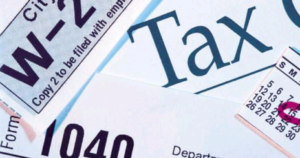 Today’s top story: Smart business ideas for veterans. Also in the news: the average amount of checking account fees over a decade, why a quarter of homebuyers are unhappy with their mortgage lender, and the factors banks consider when applying for a loan.
Today’s top story: Smart business ideas for veterans. Also in the news: the average amount of checking account fees over a decade, why a quarter of homebuyers are unhappy with their mortgage lender, and the factors banks consider when applying for a loan.
3 Smart Business Ideas for Veterans
Thank you for your service.
Study: Average Checking Account Fees Cost $1,000 Over a Decade
Don’t pay for access to your own money.
A Quarter of Homebuyers Unhappy With Their Mortgage Lender, Survey Finds
Finding the right lender.
The Factors Banks Consider When You Apply for a Loan
Know what they’re looking for.
